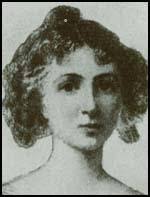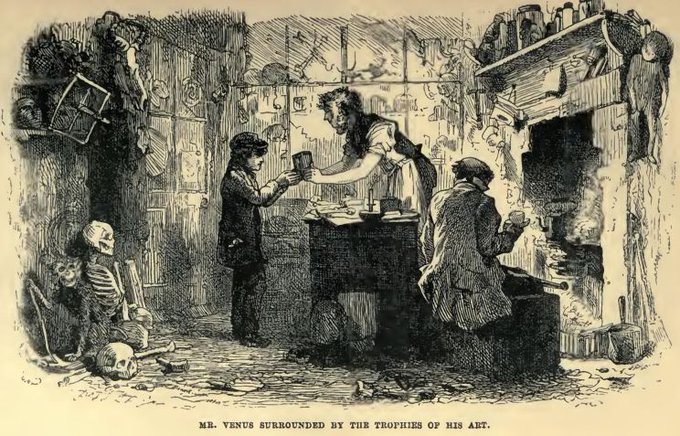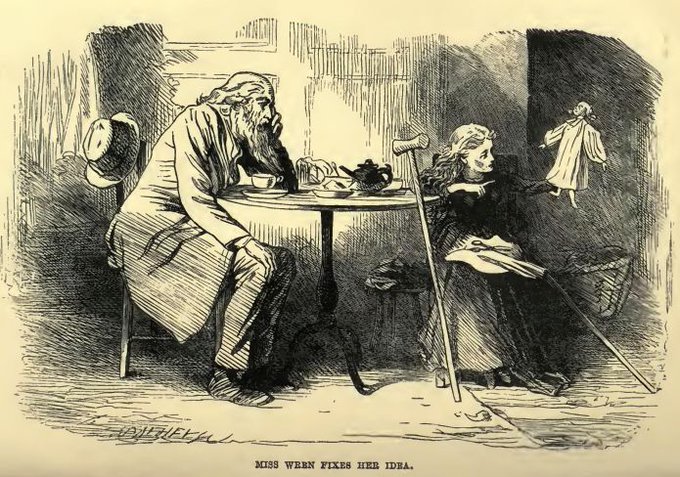For Dickens, walking appears to have allowed him the time and space to process emotion and think. Claire Tomalin observes that Dickens night walked during his ill-fated attachment to Maria Beadnell, sometimes walking for two hours so that he could pass by her house (p.45).
When Silas Wegg is asked by Mr Venus in "Our Mutual Friend" (1865), ‘My tea is drawing, and my muffin is on the hob, Mr Wegg; will you partake?’ Wegg agrees, "It being one of Mr Wegg’s guiding rules in life always to partake."
His appetite for selfish gain is evident!
Scenes of #tea drinking in Charles #Dickens's fiction often provide clues as to the moral integrity of characters.
In particular, how individuals use tea-time can be extremely revealing 🫖
Concluding, Dickens begs Thompson, "Don't mention this unhappy attachment. I am very wretched, and think of leaving my home. My wife makes me miserable, and when I hear the voices of my Infant Children, I burst into tears."
Charlotte Brontë herself wrote on 13 September 1849 to W.S. Williams, "I have read "David Copperfield"; it seems to be very good - admirable in some parts. You said it had affinity to "Jane Eyre": it has - now and then"
Well, Jo took the poll. Do you have a favorite illustration of him? https://t.co/td7O3AfEvH
In book 6 chapter 2 of "Life of #Dickens," Forster reproduces a number of character sketches by Phiz of Paul Dombey.
In his introduction to Dombey, Andrew Lang wrote: "Mr. Dombey looks like a collection of criminal butlers."
We'd read that!
In addition to the usual monthly illustrations for #Dickens' "Dombey and Son," Phiz made several character sketches including this utterly charming Little Paul held in Philadelphia at the @FreeLibrary.
https://t.co/Fd04HQzDkR
"The Poetical Young Gentleman" inspires annoyance: "The favourite attitude of the poetical young gentleman is lounging on a sofa with his eyes fixed upon the ceiling, or sitting bolt upright in a high-backed chair, staring with very round eyes at the opposite wall" 😒
Some form of logic may have supported using seánces and other otherworldly means to contact the Ghost of Charles Dickens 👻 in the Age of Spiritualism
After all, if the ghosts of lawyers can return on Christmas Eve to remonstrate, why not famous authors to finish the story?




















